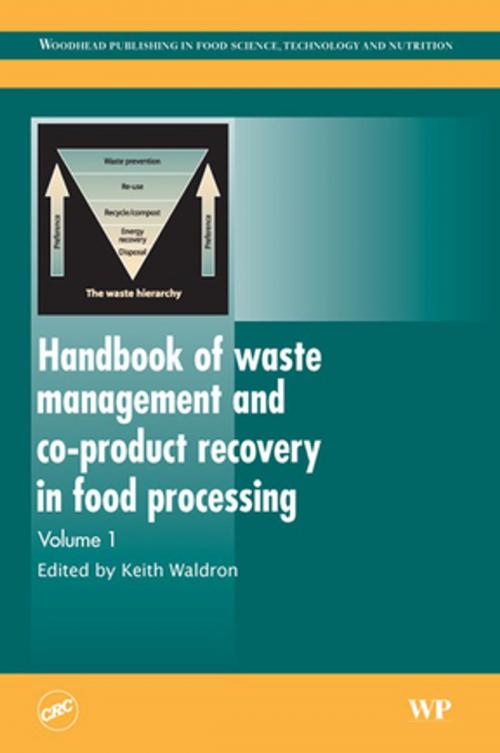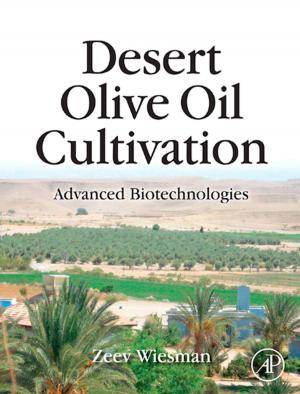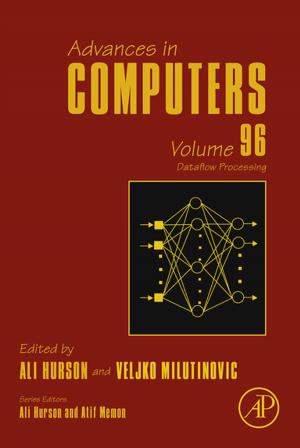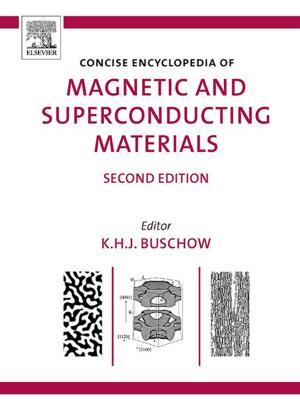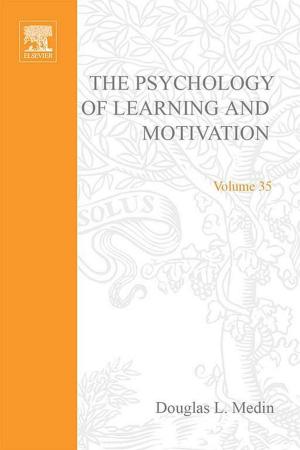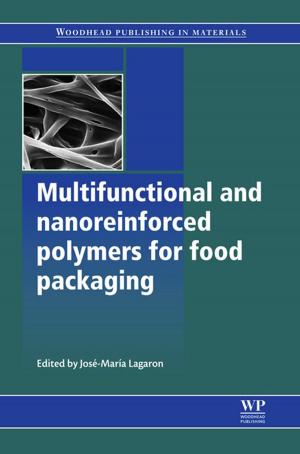Handbook of Waste Management and Co-Product Recovery in Food Processing
Nonfiction, Science & Nature, Technology, Engineering, Environmental, Food Industry & Science| Author: | ISBN: | 9781845692520 | |
| Publisher: | Elsevier Science | Publication: | March 31, 2007 |
| Imprint: | Woodhead Publishing | Language: | English |
| Author: | |
| ISBN: | 9781845692520 |
| Publisher: | Elsevier Science |
| Publication: | March 31, 2007 |
| Imprint: | Woodhead Publishing |
| Language: | English |
The intensification of agriculture and food production in recent years has led to an increase in the production of food co-products and wastes. Their disposal by incineration or landfill is often expensive as well as environmentally sensitive. Methods to valorise unused co-products and improve the management of wastes that cannot be reused, as well as techniques to reduce the quantity of waste produced in the first place, are increasingly important to the food industry. With its distinguished editor and array of international contributors, Waste management and co-product recovery in food processing reviews the latest developments in this area and describes how they can be used to reduce waste.
The first section of the book provides a concise introduction to the field with a particular focus on legislation and consumer interests, principle drivers of waste management. Part two addresses the minimisation of biowaste and the optimisation of water and energy use in food processing. The third section covers key technologies for co-product separation and recovery, such as supercritical fluid extraction and membrane filtration, as well as important issues to consider when recovering co-products, such as waste stabilisation and microbiological risk assessment. Part four offers specific examples of waste management and co-product exploitation in particular sectors such as the red meat, poultry, dairy, fish and fruit and vegetable industries. The final part of the book summarises advanced techniques, to dispose of waste products that cannot be reused, and reviews state of the art technologies for wastewater treatment.
Waste management and co-product recovery in food processing is a vital reference to all those in the food processing industry concerned with waste minimisation, co-product valorisation and end waste management.
- Looks at the optimisation of manufacturing procedures to decrease waste, energy and water use
- Explores methods to valorise waste by co-product recovery
- Considers best practice in different sectors of the food industry
The intensification of agriculture and food production in recent years has led to an increase in the production of food co-products and wastes. Their disposal by incineration or landfill is often expensive as well as environmentally sensitive. Methods to valorise unused co-products and improve the management of wastes that cannot be reused, as well as techniques to reduce the quantity of waste produced in the first place, are increasingly important to the food industry. With its distinguished editor and array of international contributors, Waste management and co-product recovery in food processing reviews the latest developments in this area and describes how they can be used to reduce waste.
The first section of the book provides a concise introduction to the field with a particular focus on legislation and consumer interests, principle drivers of waste management. Part two addresses the minimisation of biowaste and the optimisation of water and energy use in food processing. The third section covers key technologies for co-product separation and recovery, such as supercritical fluid extraction and membrane filtration, as well as important issues to consider when recovering co-products, such as waste stabilisation and microbiological risk assessment. Part four offers specific examples of waste management and co-product exploitation in particular sectors such as the red meat, poultry, dairy, fish and fruit and vegetable industries. The final part of the book summarises advanced techniques, to dispose of waste products that cannot be reused, and reviews state of the art technologies for wastewater treatment.
Waste management and co-product recovery in food processing is a vital reference to all those in the food processing industry concerned with waste minimisation, co-product valorisation and end waste management.
- Looks at the optimisation of manufacturing procedures to decrease waste, energy and water use
- Explores methods to valorise waste by co-product recovery
- Considers best practice in different sectors of the food industry
